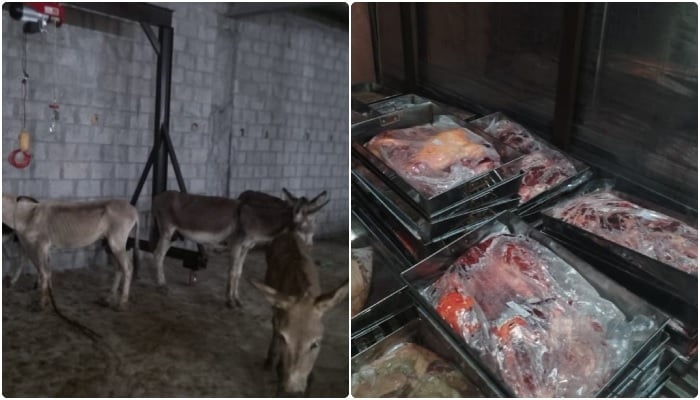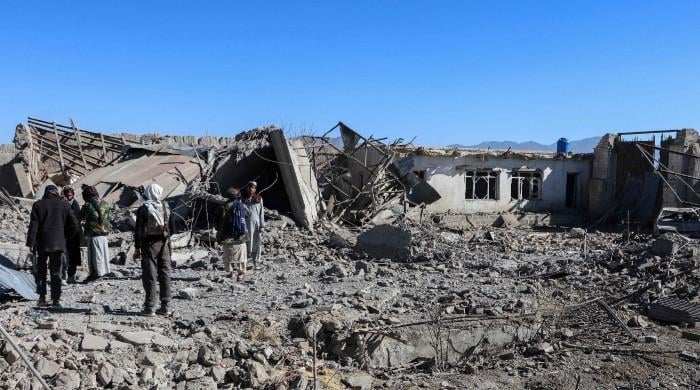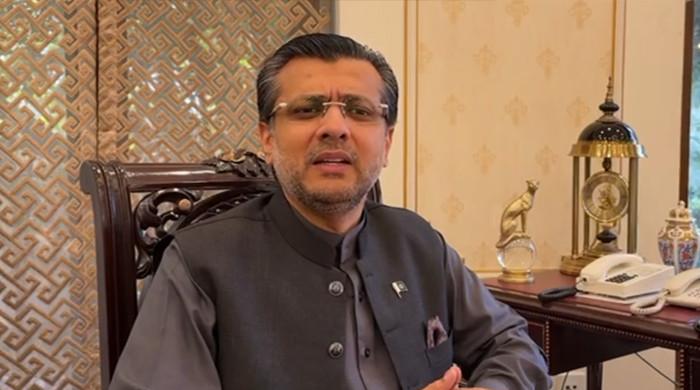50 donkeys, tonne of meat seized as slaughter racket busted in Islamabad
Initial probe reveals meat was headed abroad; foreign national nabbed during raid, say IFA officials
July 27, 2025

In a major raid on an illegal slaughterhouse in Tarnol, a suburb located three miles from the federal capital, the Islamabad Food Authority (IFA) recovered a staggering 25 maunds (1,000 kilogrammes) of donkey meat.
According to the Authority’s spokesperson, over 50 donkeys and a large quantity of packed meat were found at the site.
Initial findings suggest the meat was being exported abroad.
The Director of the IFA has ordered an immediate FIR against those involved. The seized meat is being destroyed by the Authority’s team, the officials said.
Authority's Deputy Director Dr Tahira Siddique confirmed the total amount of meat recovered was one tonne.
A foreign national at the scene was taken into custody, and investigators are now working to find out where else the meat may have been sent.
Donkey business
According to a Pakistan Bureau of Statistics (PBS) report, published in June, the number of donkeys in Pakistan has risen by 109,000 over the past year to 6.047 million, up from 5.938 million.
As the country's donkey population continues to increase, China remains a major market where donkey meat is used in cuisine and the hides for producing e-jiao, a traditional medicinal gelatin.
Previously, exports were limited due to delays in finalising the necessary protocols, which have now been completed.
Quoting animal welfare groups and veterinary experts, Reuters, in a report published last year, said that China’s demand for e-jiao is fueling the slaughter of millions of donkeys around the world every year.
Geo News in February reported that a slaughterhouse in Gwadar has started production to meet the surge in demand for donkey meat, bones, and hides in China for manufacturing the traditional product, e-jiao.
E-jiao industry needs 5.9m donkeys annually
The e-jiao industry requires an estimated 5.9 million donkey skins annually, which has put unprecedented pressure on global populations, according to a report released in February by The Donkey Sanctuary, a British charity devoted to the animal’s welfare.
E-jiao has a 3,000-year history in the northern Shandong province, according to the government-backed China Daily newspaper. The province accounts for around 90% of China’s e-jiao production, it said.
It is considered a “national cultural heritage” and is one of the most important products in the traditional Chinese medicine industry, according to Chinese state media.











